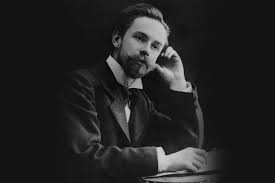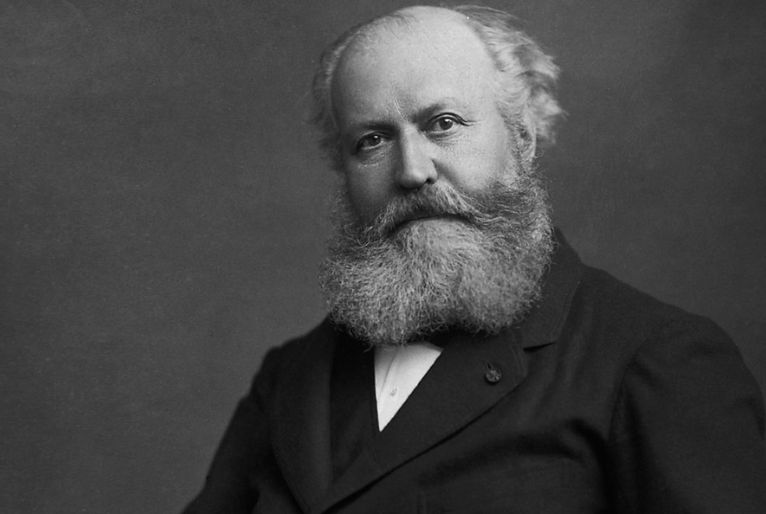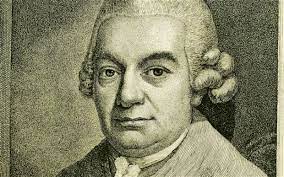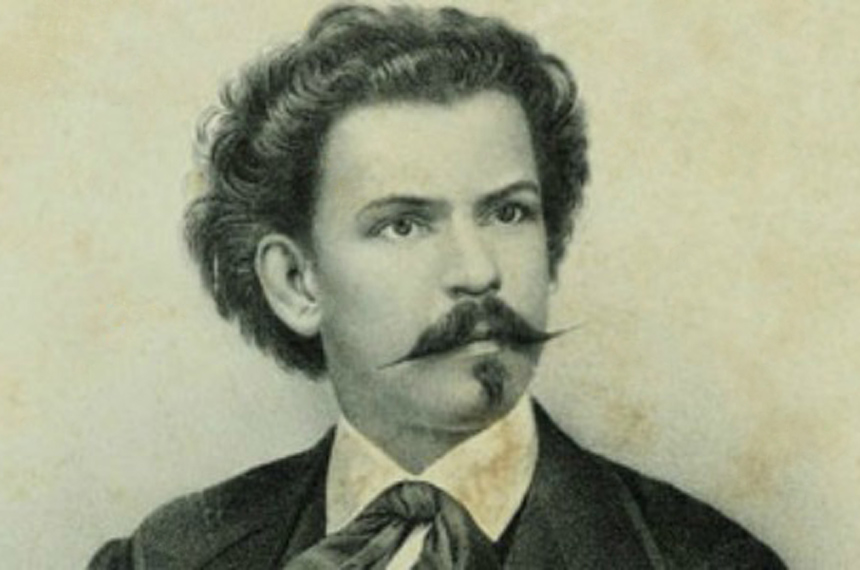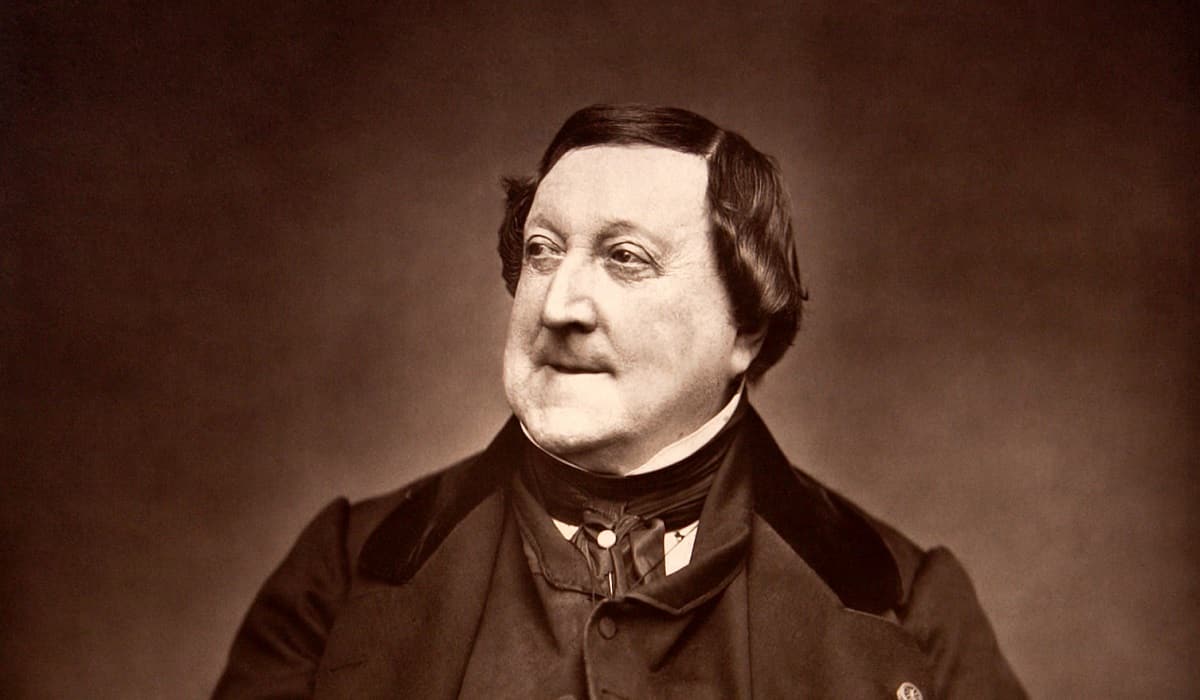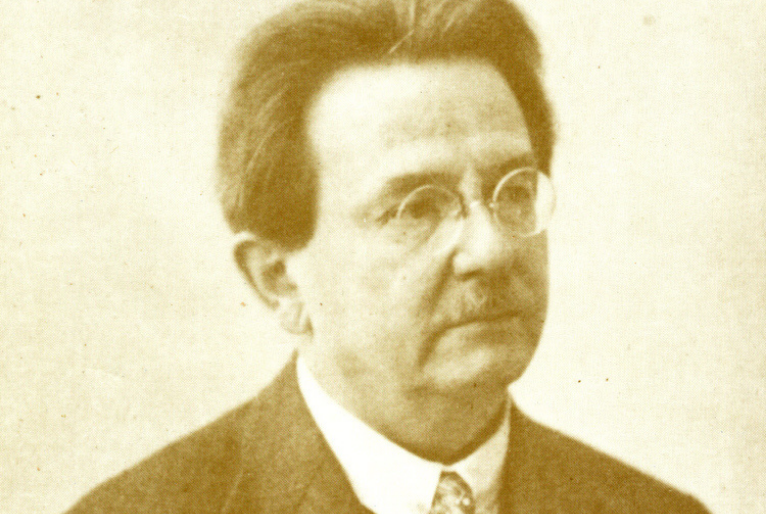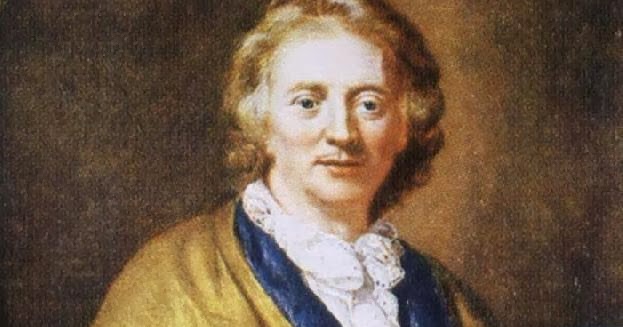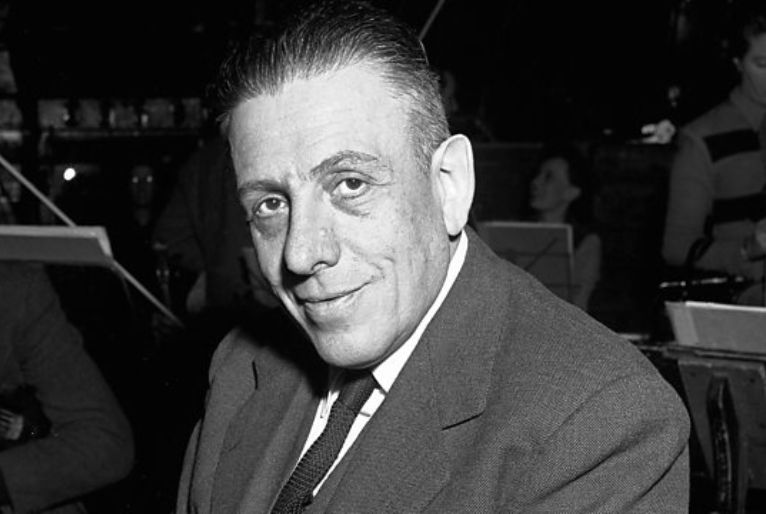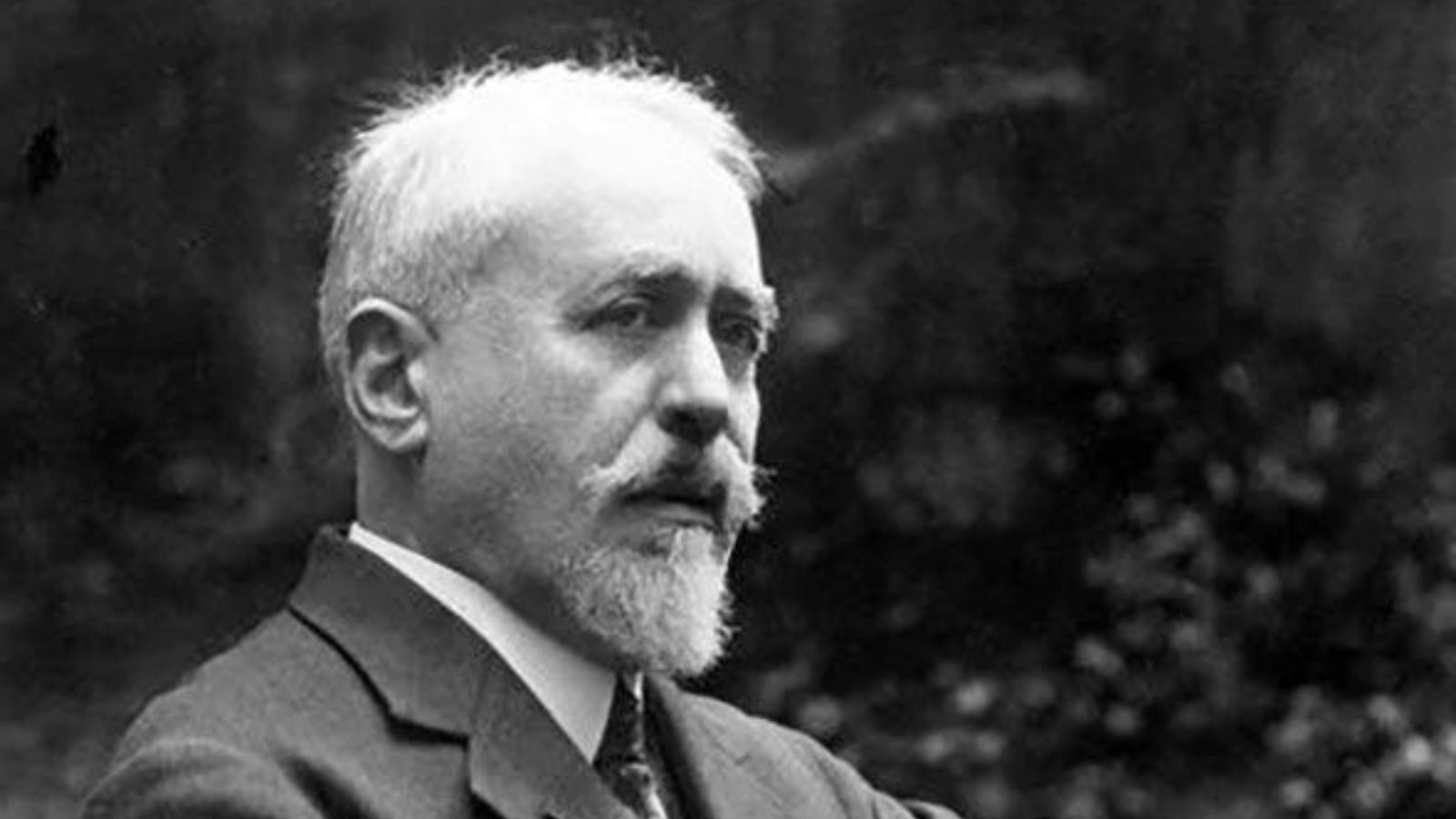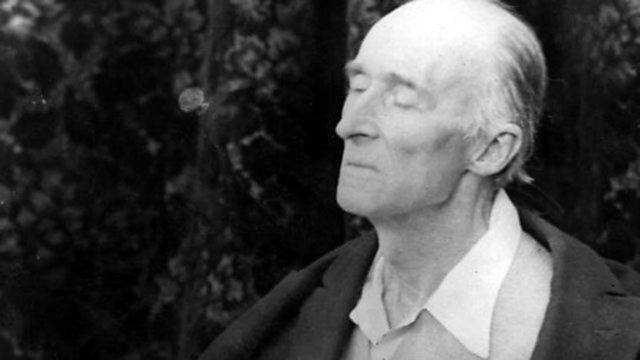Alexander Scriabin was a Russian composer and pianist whose innovative and visionary works left an indelible mark on the landscape of classical music. Born on January 6, 1872, in Moscow, Scriabin displayed prodigious musical talent from a young age. He began studying piano and music theory at the Moscow Conservatory at the age of eleven, where he quickly distinguished himself as a brilliant student.
Scriabin's early compositions were influenced by the Romantic tradition, particularly the works of Frédéric Chopin and Franz Liszt. However, as he matured as a composer, he began to develop his own unique style, characterized by lush harmonies, complex rhythms, and a highly expressive use of chromaticism.
Charles-François Gounod, the celebrated French composer, was born on June 17, 1818, in Paris, France. His life's melody wove through the Romantic era, leaving an indelible mark on the history of classical music.
Gounod's passion for music was ignited at an early age. Born into a family with artistic inclinations, he received his initial musical education from his mother, a pianist. His precocious talent was evident, and by the age of six, he was already playing the piano proficiently. Recognizing his potential, his family enrolled him in the Paris Conservatoire at the tender age of ten.
Carl Philipp Emanuel Bach, renowned as one of the most influential composers of the Classical era, was born on March 8, 1714, in Weimar, Germany. He was the second surviving son of the illustrious Johann Sebastian Bach, a towering figure in Baroque music. Carl's upbringing in a musically enriched environment, surrounded by his father's compositions and collaborations, profoundly shaped his artistic inclinations.
From an early age, Carl displayed remarkable musical talent and received rigorous training from his father. He excelled not only in composition but also in keyboard and performance. At the age of ten, tragedy struck the Bach family with the death of Johann Sebastian's first wife, Maria Barbara. Despite the personal turmoil, Carl continued his musical studies under his father's guidance.
Carlos Gomes, born Antônio Carlos Gomes, was a Brazilian composer whose melodies continue to resonate through the annals of classical music history. Born on July 11, 1836, in Campinas, São Paulo, Brazil, Gomes was the son of a military bandmaster and an amateur pianist. His early exposure to music within the familial setting sparked his passion for the art form, leading to his formal education at the Imperial Conservatory of Music in Rio de Janeiro.
Gomes' talent was apparent from a young age, and he excelled in his studies, mastering the piano and composition. His early compositions already hinted at the unique blend of European classical traditions with Brazilian folk elements that would later characterize his work. In 1859, he traveled to Italy on a scholarship, a journey that would profoundly shape his musical identity.
Gioachino Rossini, born on February 29, 1792, in Pesaro, Italy, is celebrated as one of the most influential and prolific composers of the 19th century. His music, characterized by its vibrant melodies, rhythmic vitality, and dramatic flair, has left an indelible mark on the world of opera.
Rossini showed early musical promise, receiving his first music lessons from his father, a horn player and town trumpeter. By the age of 12, he had already composed several small-scale operas. Recognizing his talent, his parents sent him to study at the prestigious Liceo Musicale in Bologna, where he honed his skills in composition and counterpoint.
Franz Schmidt, an Austrian composer, organist, pianist, and cellist, was born on December 22, 1874, in Pressburg, Austria-Hungary (now Bratislava, Slovakia). He emerged as a prominent figure in the late Romantic and early modernist musical landscape, leaving behind a legacy of orchestral works, chamber music, and operas.
Schmidt's musical journey began at an early age when he showed exceptional talent as a cellist. He studied at the Vienna Conservatory, where he honed his skills in composition under the guidance of renowned composers such as Robert Fuchs and the legendary Gustav Mahler. Mahler's influence, in particular, left a profound mark on Schmidt's musical style and approach.
François Couperin, often referred to as "Couperin le Grand" (Couperin the Great), was a distinguished French composer, harpsichordist, and organist of the late Baroque era. Born on November 10, 1668, in Paris, he hailed from a renowned family of musicians. His father, Charles Couperin, and his uncle, Louis Couperin, were both esteemed composers and organists, laying a strong foundation for François's musical upbringing.
Couperin's musical talent was evident from an early age, and he received rigorous training in composition and keyboard performance from his family members. He was particularly influenced by the French keyboard tradition, which emphasized elegance, refinement, and expressive subtlety.
Francis Poulenc, a luminary of 20th-century classical music, was born on January 7, 1899, in Paris, France. He emerged as one of the leading figures of Les Six, a group of composers in France who rebelled against the heavy Germanic influence dominating classical music at the time. Poulenc's compositions are renowned for their charm, wit, and emotional depth, reflecting his unique musical voice.
Growing up in a wealthy family, Poulenc received early piano lessons from his mother. However, his formal music education began at the age of 15 when he started studying with the noted pianist Ricardo Viñes. Despite his lack of conservatory training, Poulenc's natural talent and keen ear propelled him to become a prolific composer.
Paul Dukas, a luminary in the realm of classical music, was born on October 1, 1865, in Paris, France. His life, though less prolific in output compared to some of his contemporaries, left an indelible mark on the world of music through his compositions and his influence on subsequent generations.
From an early age, Dukas displayed an aptitude for music, studying piano with some of the finest instructors in Paris. His exceptional talent soon led him to the Paris Conservatoire, where he studied composition with notable figures such as Théodore Dubois and Emmanuel Chabrier. It was during this time that his compositional prowess began to emerge, showing glimpses of the genius that would later define his career.
Frederick Delius, a luminary of late Romanticism in classical music, was born on January 29, 1862, in Bradford, Yorkshire, England. His life story is as intriguing as his music, characterized by a relentless pursuit of artistic freedom and a deep connection to nature.
Delius was born into a prosperous mercantile family, but his passion lay in music, much to his parents' dismay. Despite their hopes for him to join the family business, Delius left for Florida in the United States at the age of 22 to manage an orange plantation. However, his time there was more dedicated to music than agriculture. He absorbed the sounds of African American music and the ambiance of the lush landscape, which would later influence his compositions profoundly.
